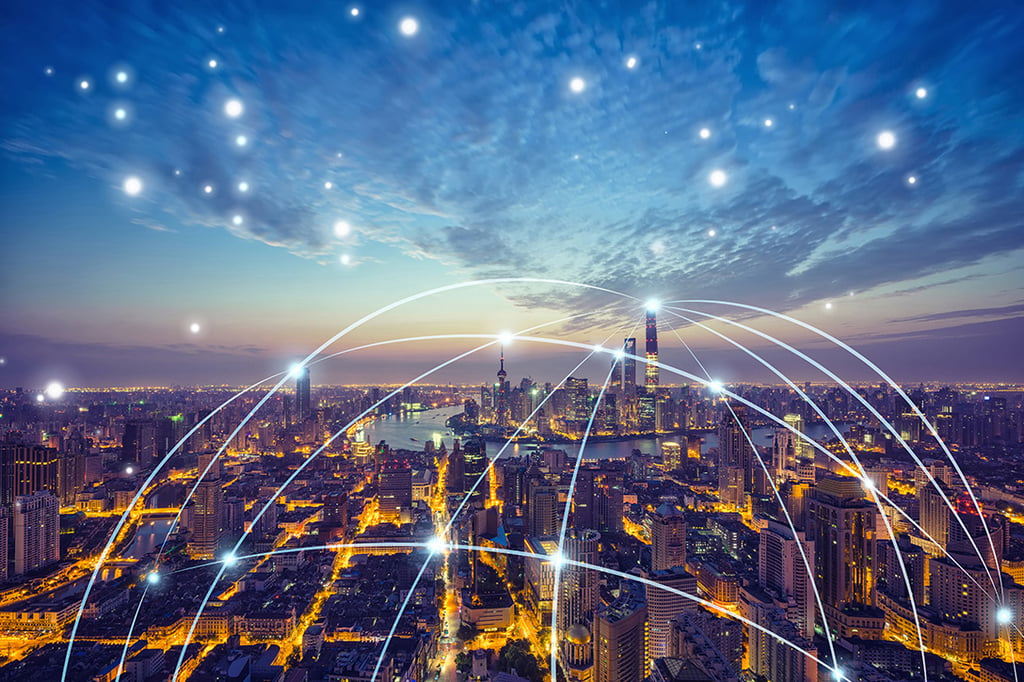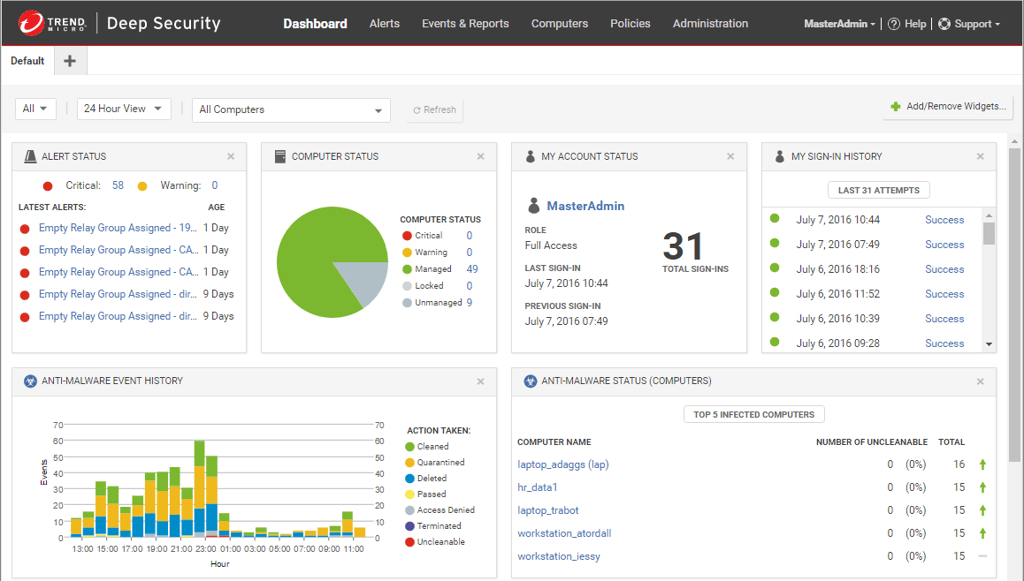Where you live and work could affect your risk of a malware infection.
According to ESG, if you live in Tampa, the risk of your system becoming infected with malware is 540 percent higher than the rest of the country. I checked out my own state, and it’s a good thing I don’t live in Pittsburgh, as the risks are 83 percent higher than average – and it is the only Pennsylvania community that made the top 35 cities. When you take a look at that list, it seems to be loaded with cities in warm weather climates or in the northern Snow Belt areas. That probably isn’t a fluke, as ESG spokesperson Ryan Gerding said in a release:
There could be a number of factors including the demographics of the area, how widespread PC usage is (versus Mac or mobile devices). We’ve even seen weather play a role in infections from time to time.
Odd as it may sound, geography apparently does matter when it comes to cybersecurity risks. As reported in a blog from Avira:
A month-long tally of malware attacks showed that people received a different assortment of malware based on their geographic location. Germans were more likely to get an Exploit kits, password stealers are eavesdropping on many Italians, and Americans get more Trojans altering their computers’ Windows operating system.
In fact, the Avira post breaks down the most important cybersecurity best practices based on country. For example, end users in the U.S. see attacks coming from classic threats, so we are advised to be smart about the most basic security practices – i.e., use up-to-date AV software and firewalls, remember not to click on phishing links, password-protect devices, and so on. But in France, users are warned about sharing to avoid potential malware attacks, while UK end users must take care when downloading apps.
As Alexander Vukcevic, director Avira Virus Labs, stated:
While we think of the internet as a border-less phenomena, our data shows there are real and significant differences by country.
Not just countries, but individual cities and geographic areas see significant differences. I can honestly say that as the internet made society more global, I never expected borders to make much of a difference in my security risks or that different areas would be targeted in such individual ways. As we see those differences in countries, I’m curious to know if there are similar types of infections or attacks for these American cities. TechRepublic lists some of the major companies based in the cities on the list, primarily tech-related companies. Is that the common denominator?
Sue Marquette Poremba has been writing about network security since 2008. In addition to her coverage of security issues for IT Business Edge, her security articles have been published at various sites such as Forbes, Midsize Insider and Tom’s Guide. You can reach Sue via Twitter: @sueporemba








